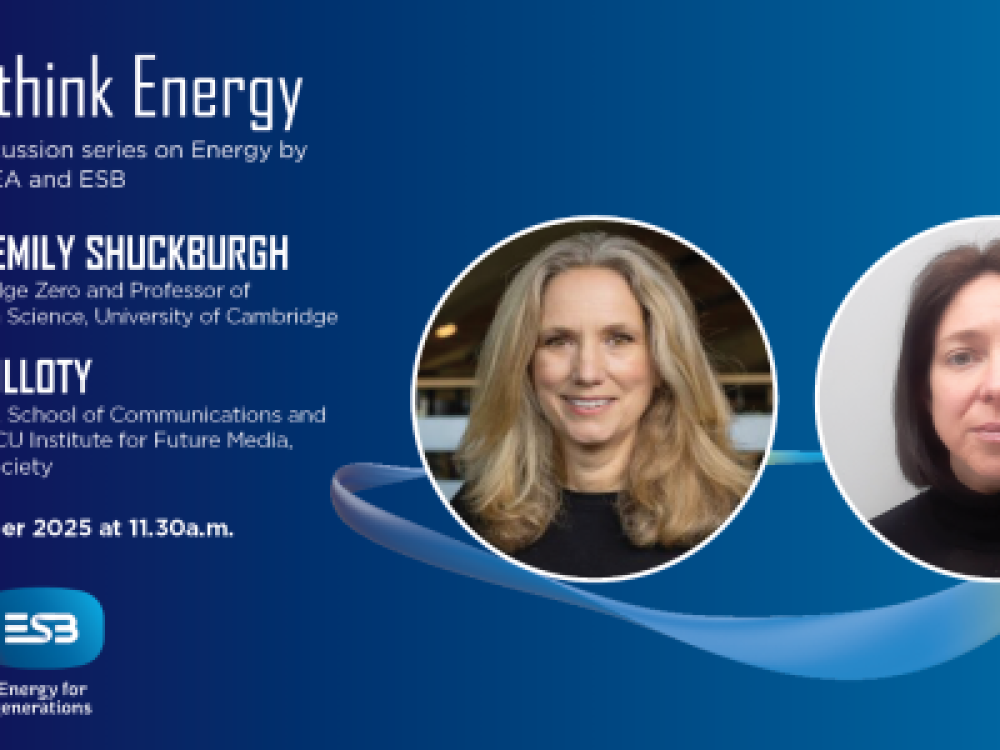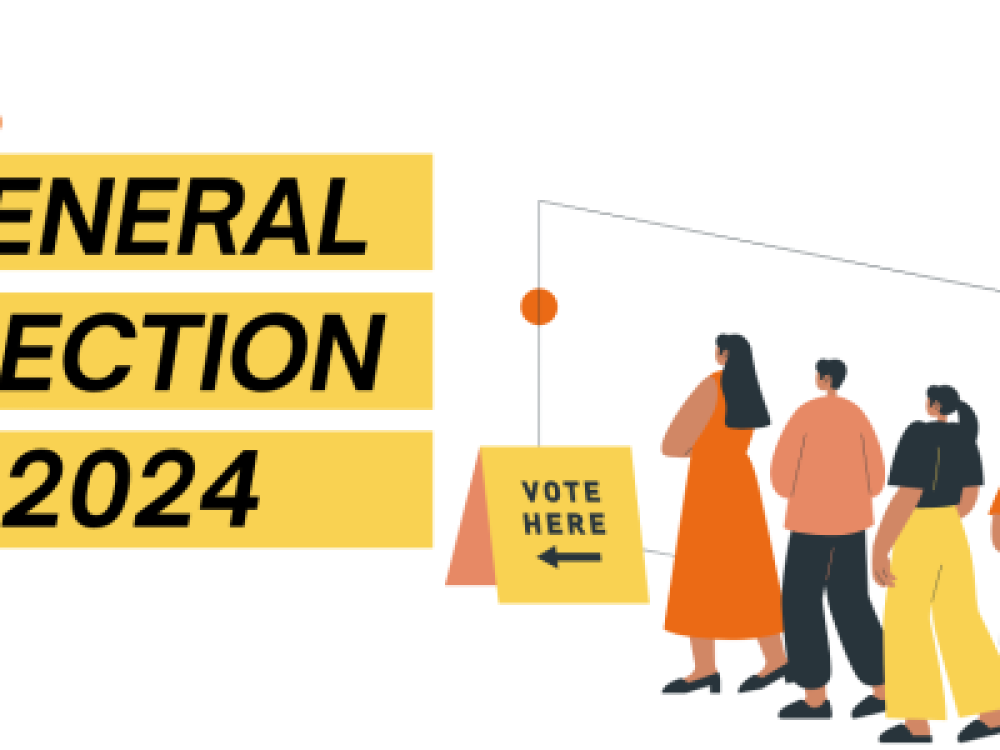Online misinformation and the wider post-truth culture of belief-driven knowledge are severely undermining the civic and democratic roles of journalism. Addressing this challenge calls for a renewed focus on the needs and methods of news media literacy education. In particular, there is a pressing need to integrate the rich tradition of broadcast media literacy (Livingstone 2004; Potter 2013) with more recent work on information literacy (Wineburg et al. 2016) and the psychological impact of always-on digital information (Nyhan & Rifler 2012). Against this background, this project examines news literacy competencies and the influence of consumption contexts among second and third level student cohorts. Students’ news competencies are assessed through a set of administered tasks focusing on online news about climate change. These tasks evaluate student’s perceptions of credibility, capacity to reject false information, and the various textual and knowledge-based factors which influence their conclusions. Results will refine an understanding of why fake news and misinformation are successful in certain conditions and further contribute to the development of instructional methods for news media literacy education.
Literacy and Misinformation in a Post-Truth Age
29 May 2017





